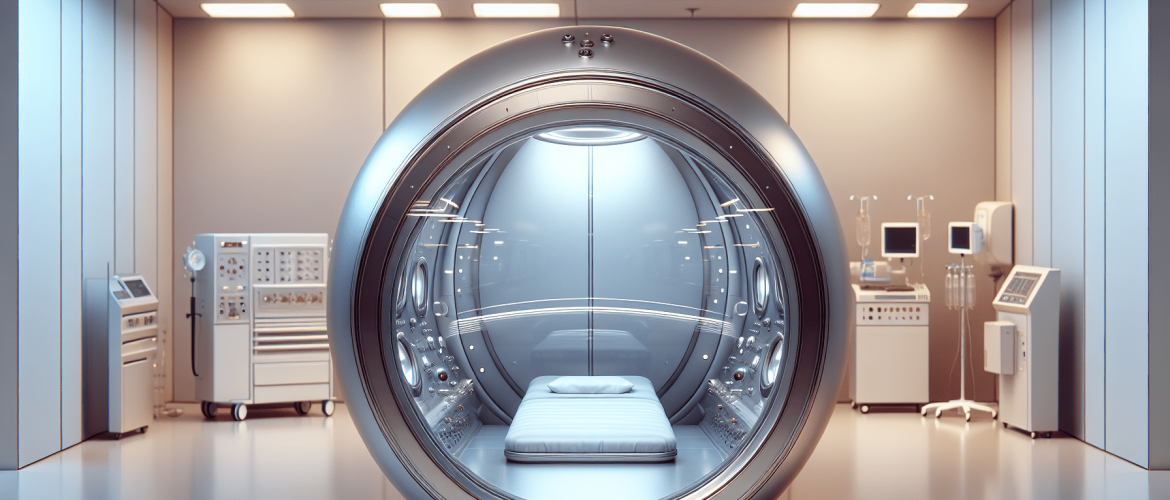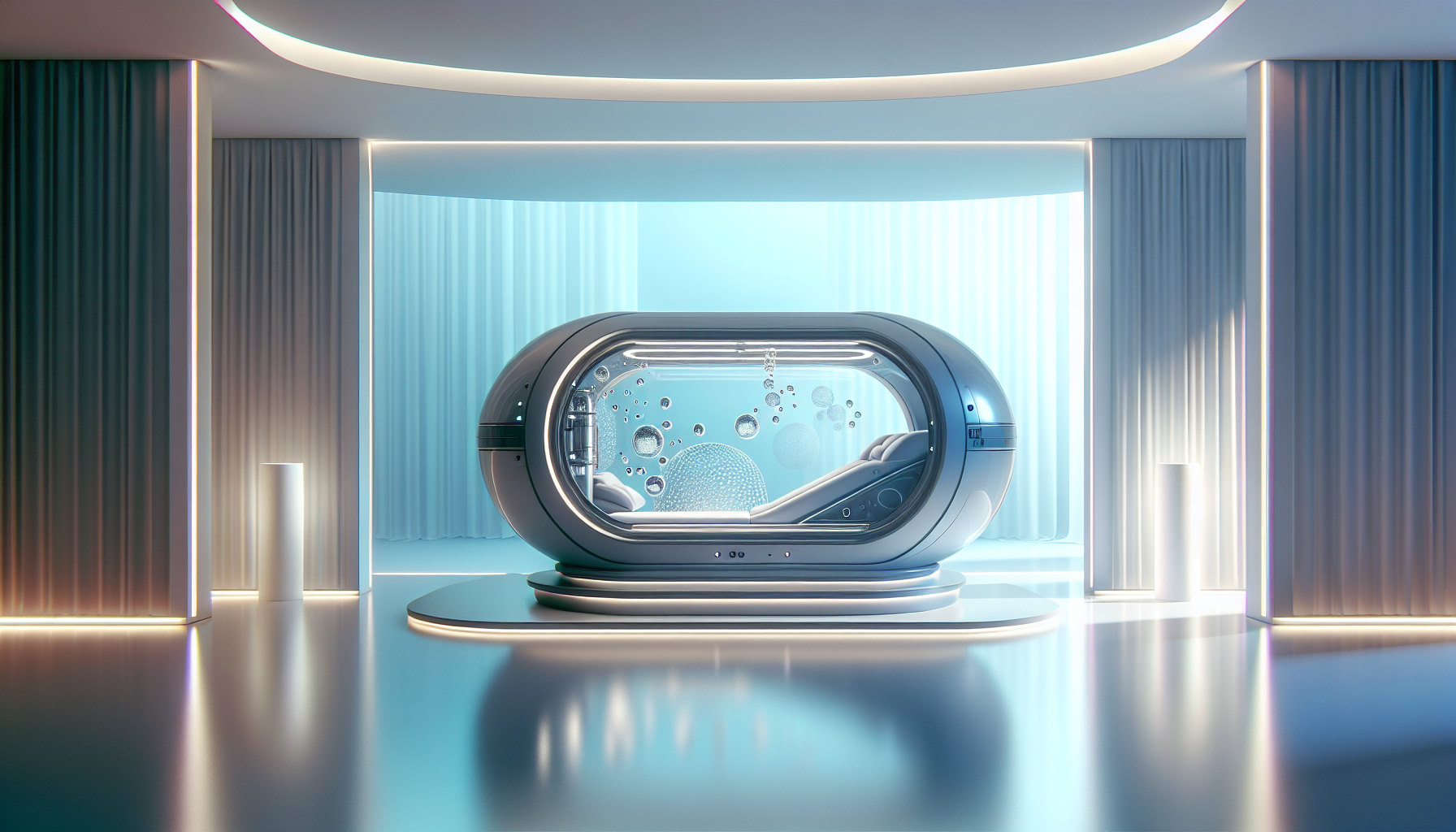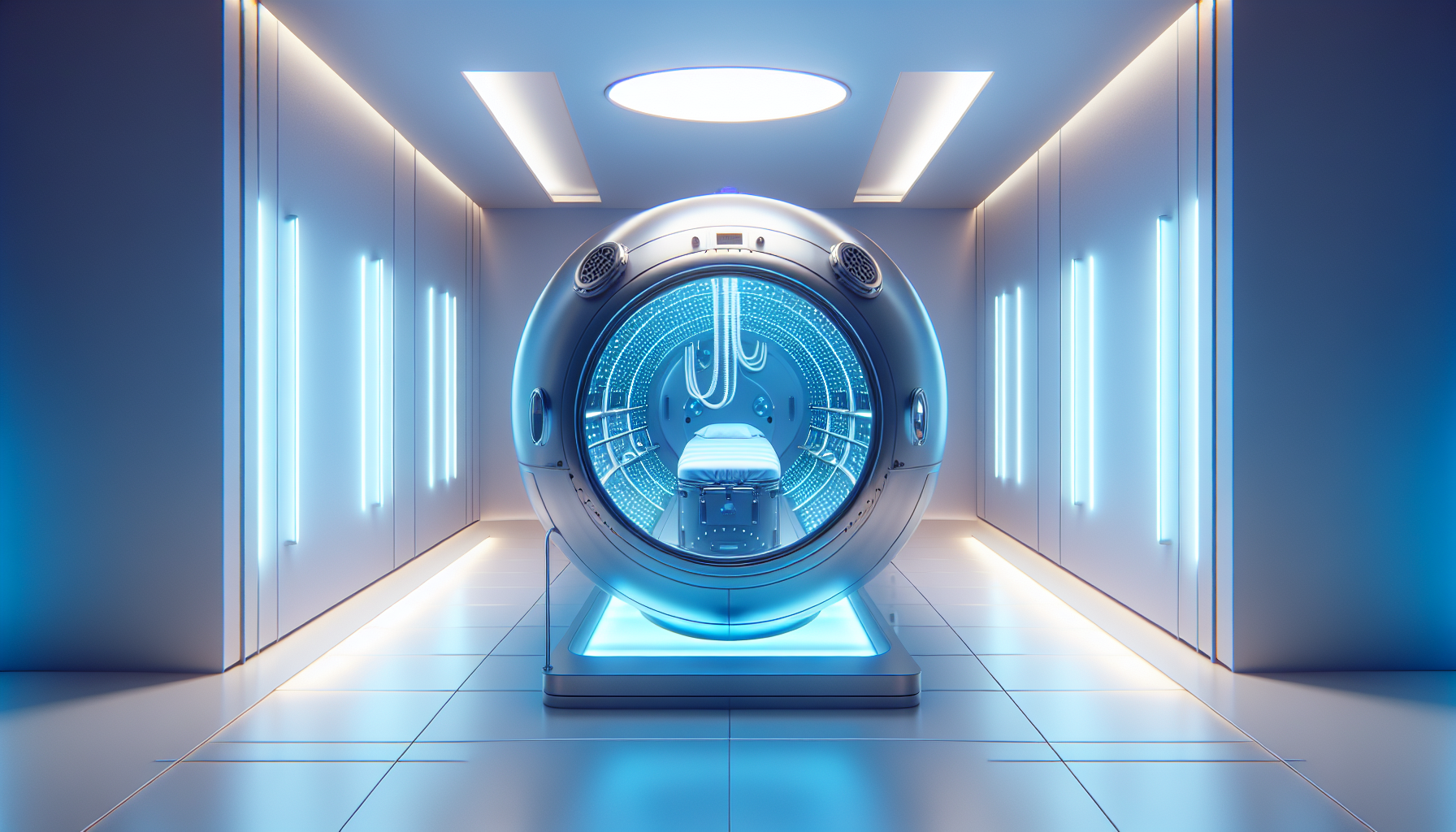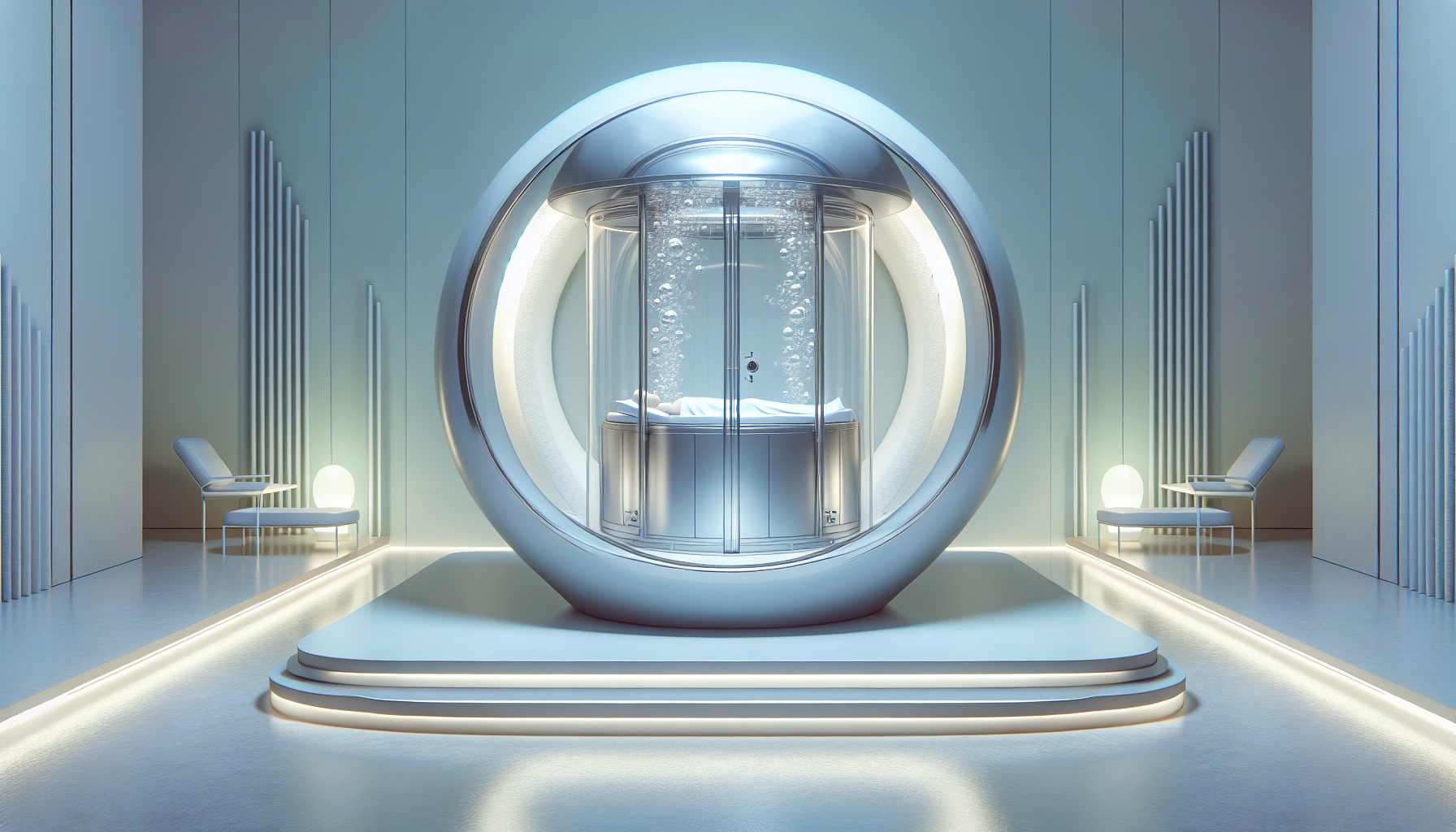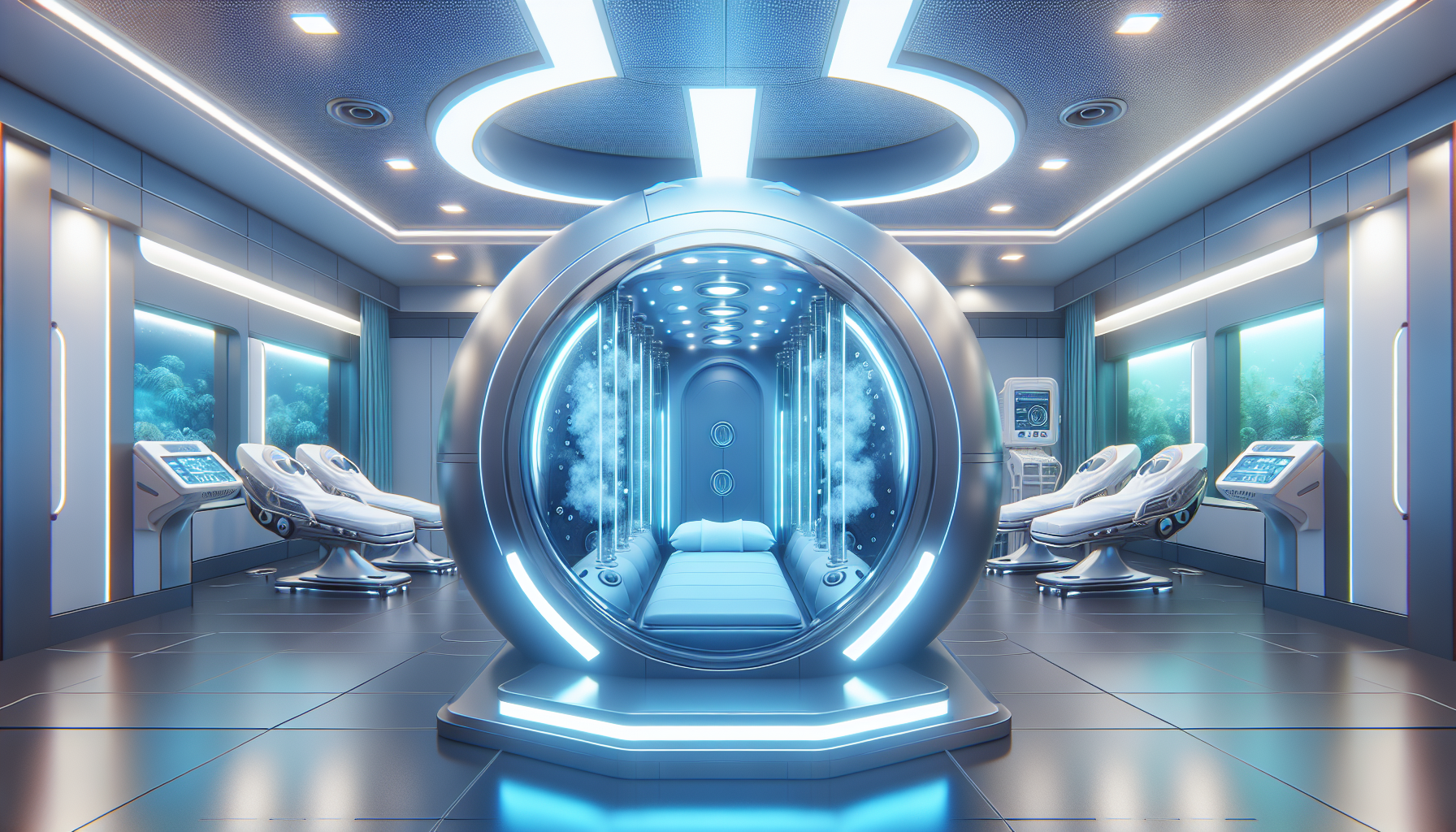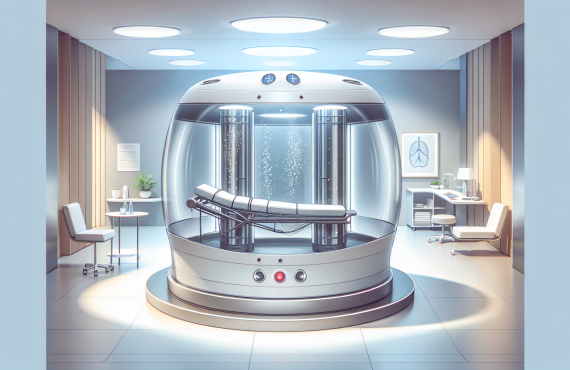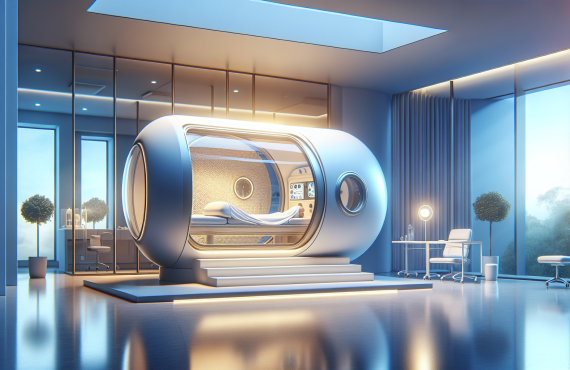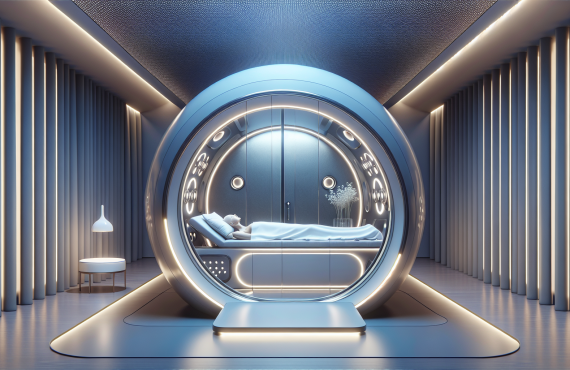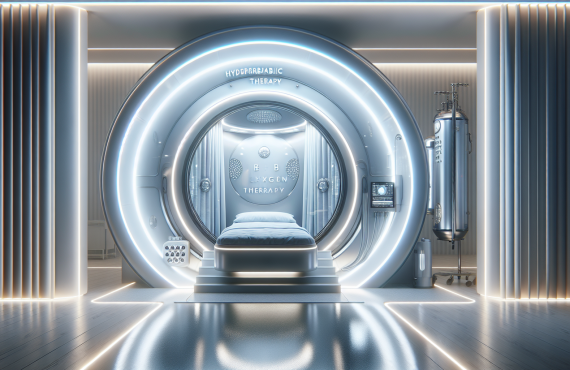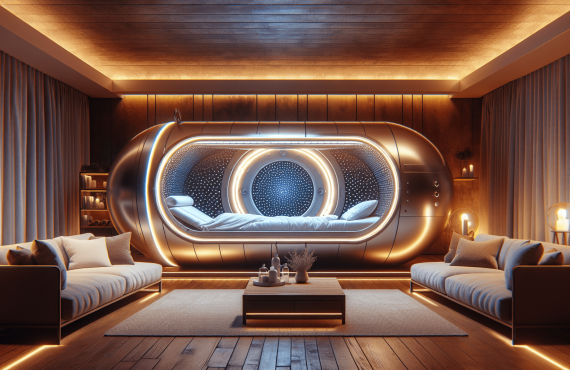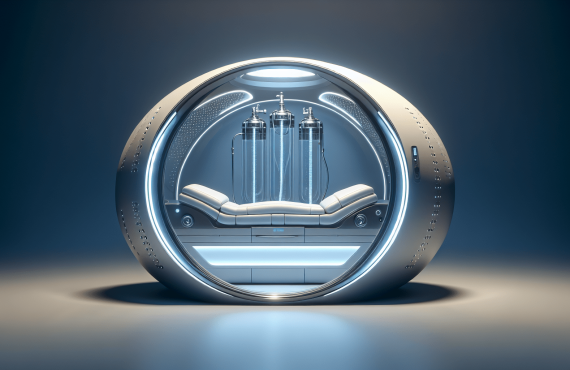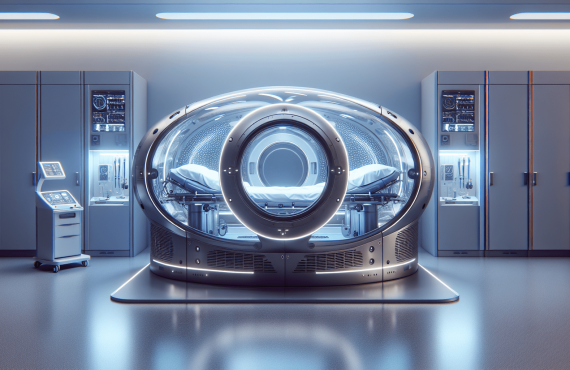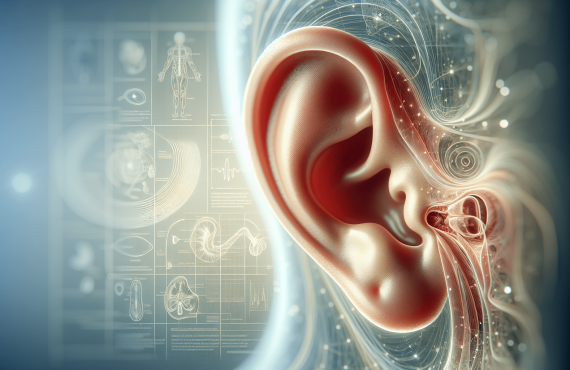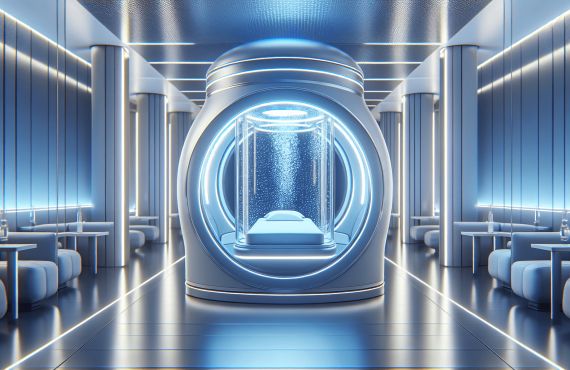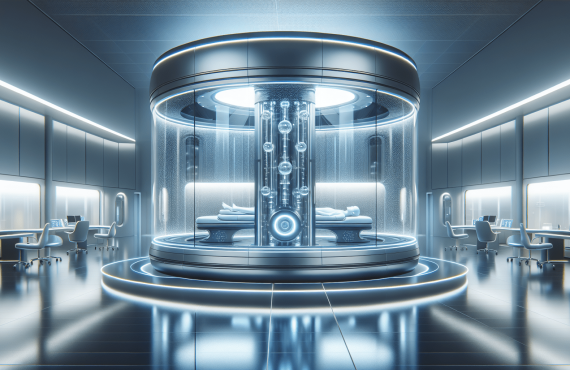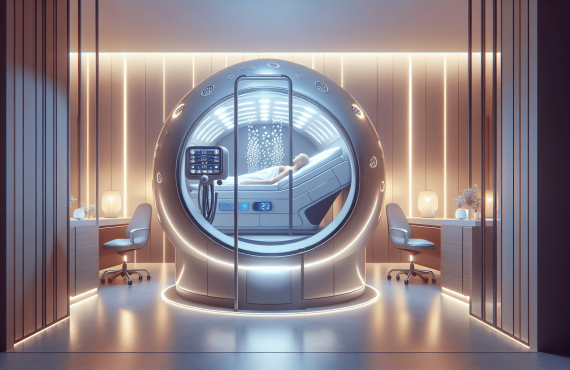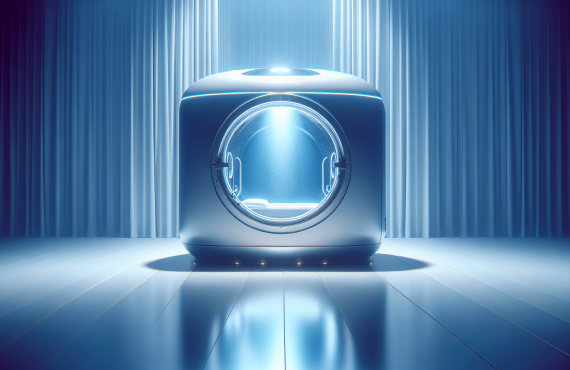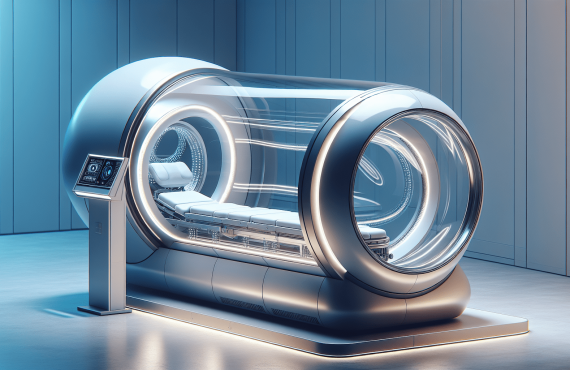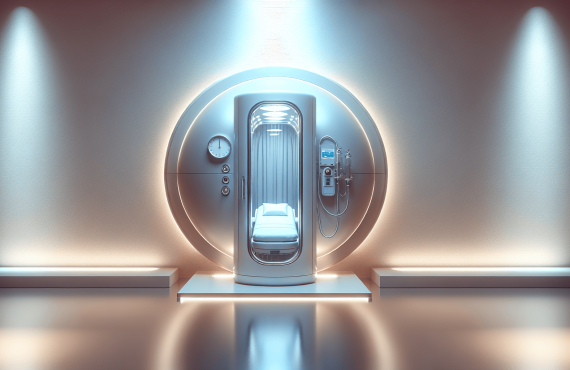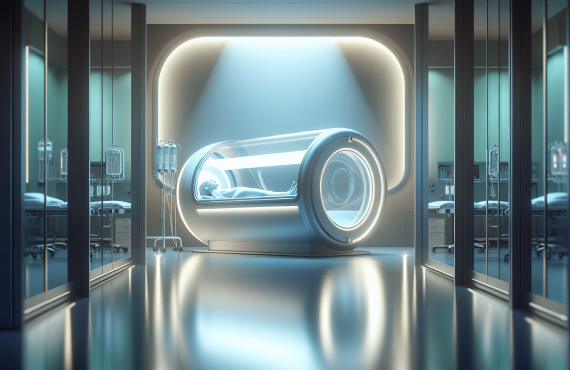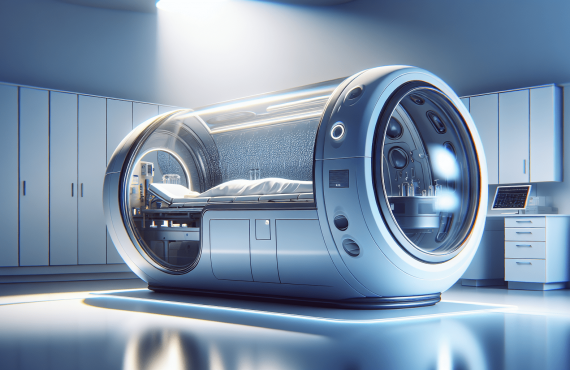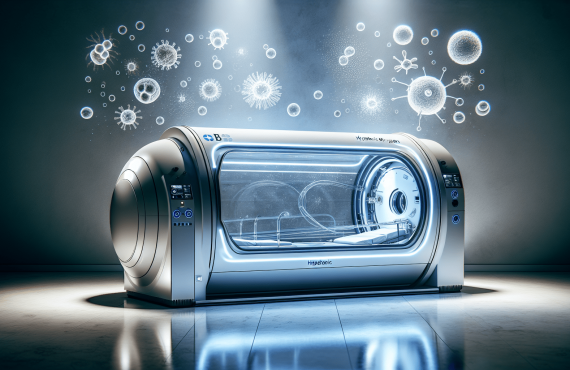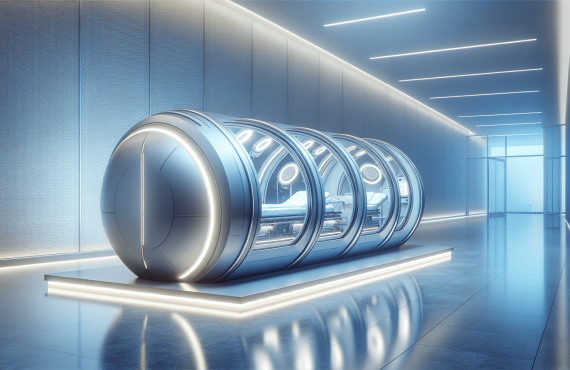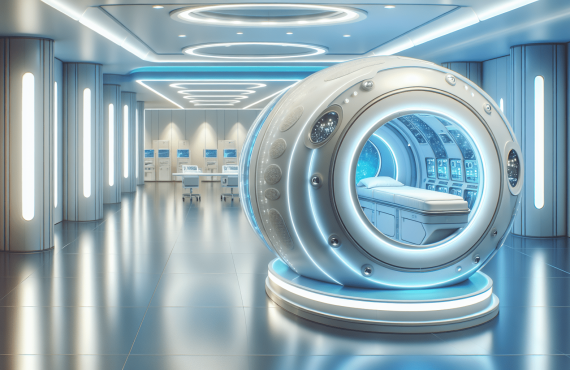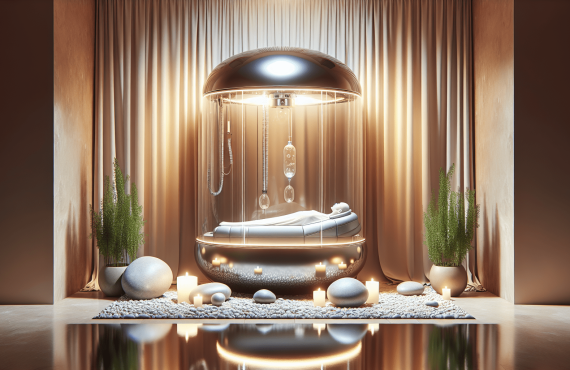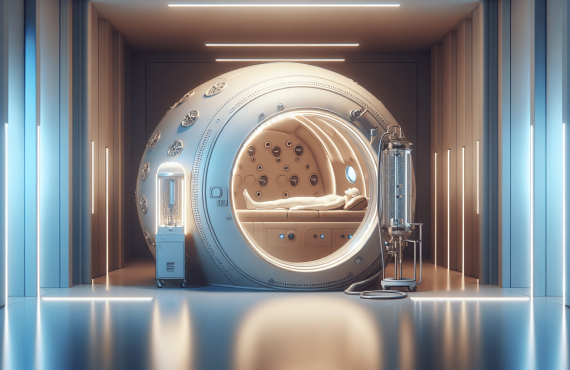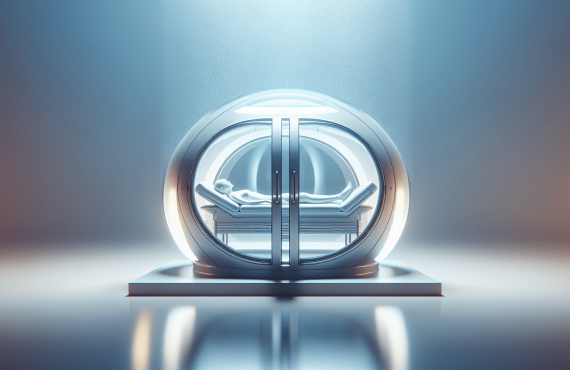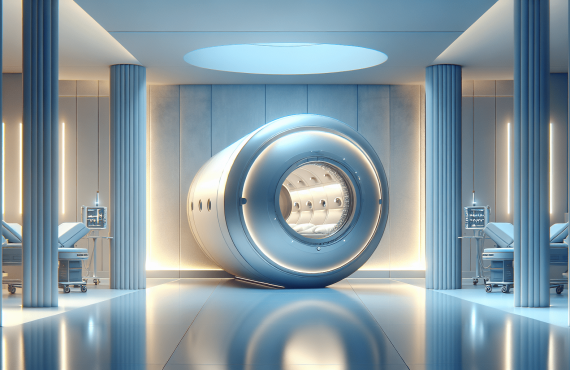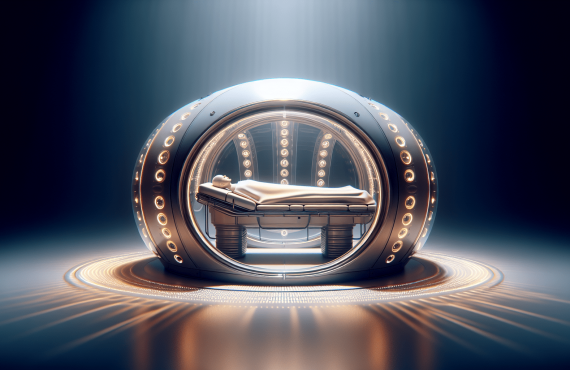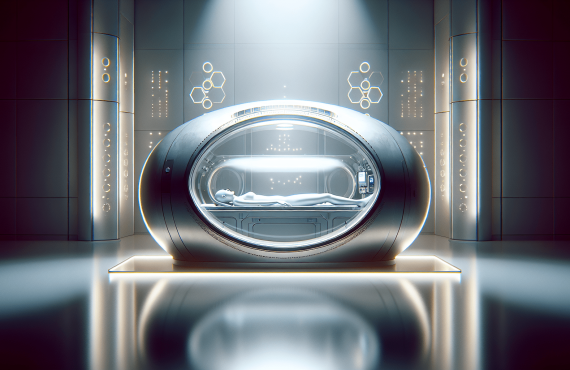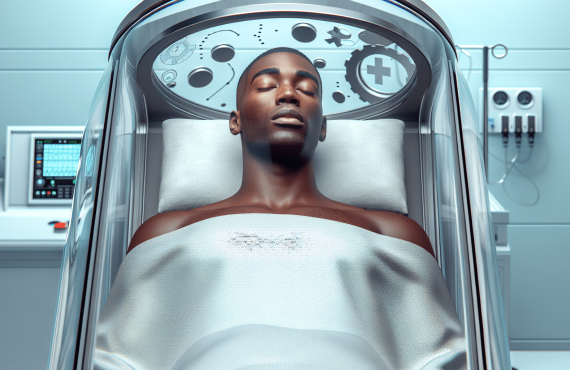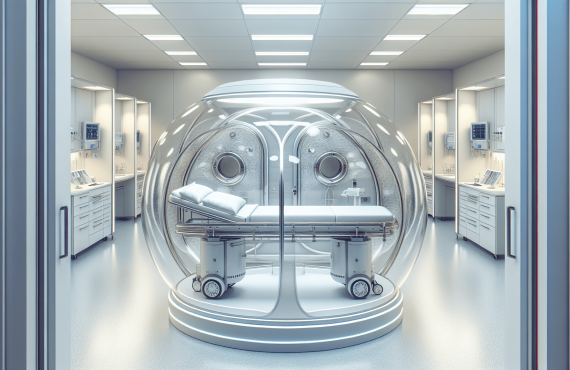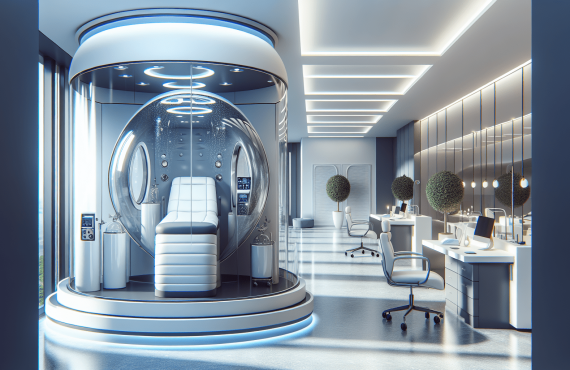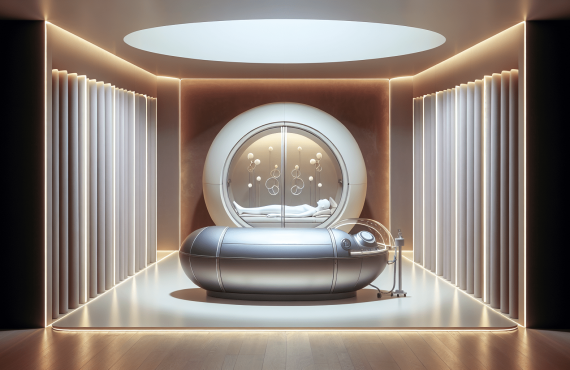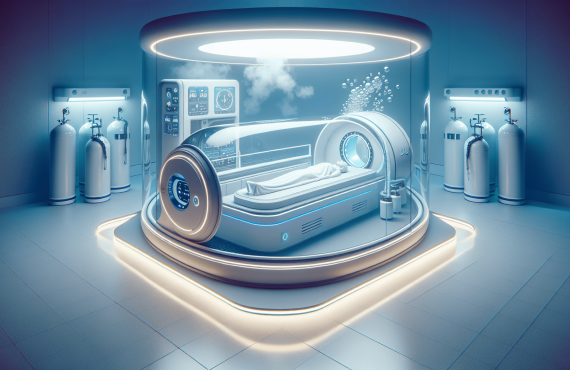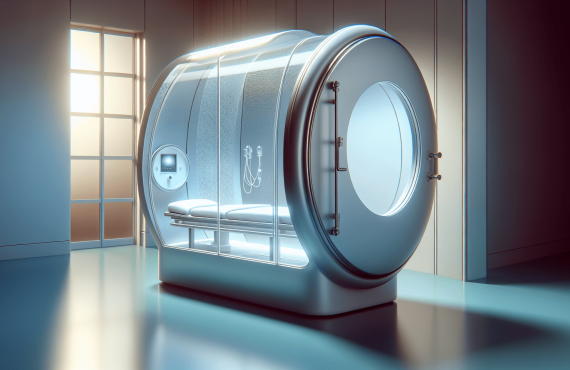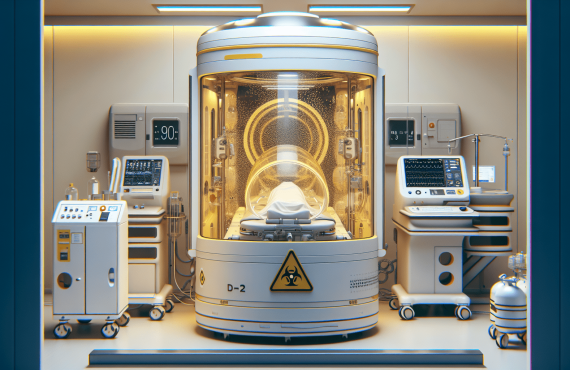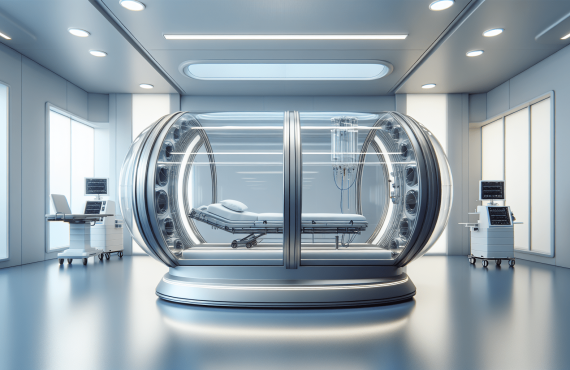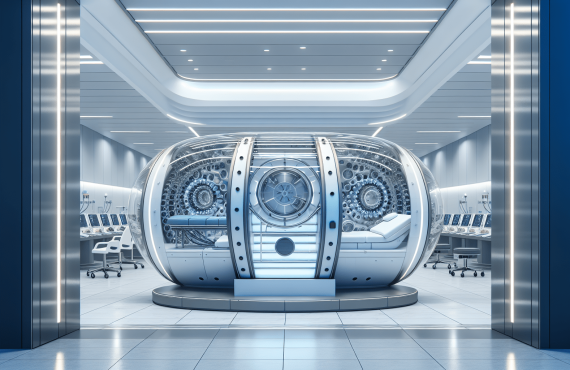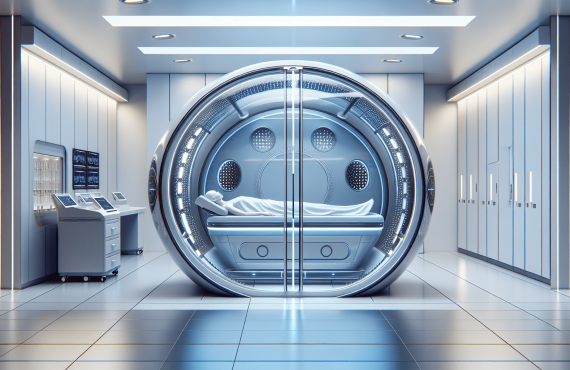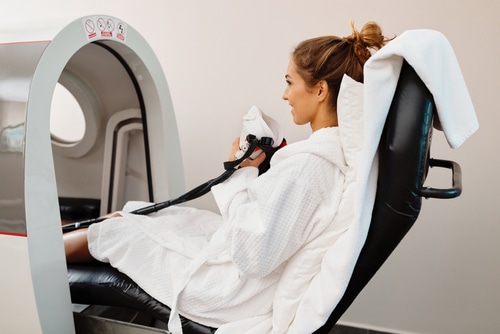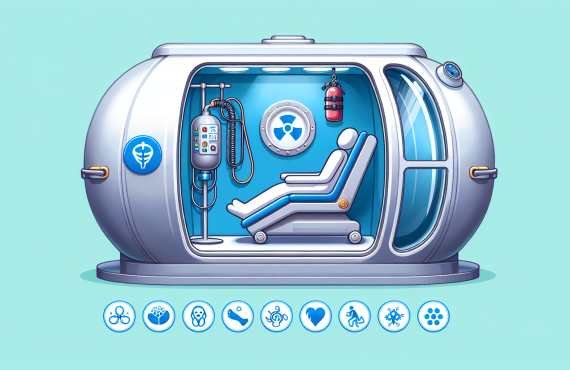Have you ever wondered who might be excluded from certain medical treatments? These exclusions capture curiosity because they ask us to look at one of the more challenging parts of healthcare—where it draws the line between who can receive a treatment and who cannot. Today, we’re diving deep into the topic of Hyperbaric Oxygen Therapy (HBOT) and exploring who should avoid it.
Hyperbaric Oxygen Therapy (HBOT) has been praised for its potential to aid in the healing process, but it’s not for everyone. Let’s explore why this treatment isn’t suited for every person.

Table of Contents
What is Hyperbaric Oxygen Therapy?
Before we discuss its exclusions, we must understand Hyperbaric Oxygen Therapy itself. This treatment involves breathing pure oxygen in a pressurized chamber, designed to enhance the oxygen level in your blood and tissues.
How Hyperbaric Oxygen Therapy Works
Typically, your lungs take oxygen from the air around you and distribute it through your bloodstream. However, in a hyperbaric chamber, increased pressure allows some interesting physics to occur. Oxygen gets dissolved directly into your blood plasma, reaching areas that might usually have a limited oxygen supply.
When it gets there, the oxygen-rich blood kick-starts several beneficial processes: it promotes tissue repair, reduces inflammation, and even boosts your immune function. Plus, this abundance of oxygen helps in forming new blood vessels. Think of it as laying tiny bridges over troubled water, aiding wound healing and tissue regeneration.
Who Cannot Use Hyperbaric Oxygen Therapy?
As wonderful as HBOT sounds, it’s not without its limitations. Some people might experience risks instead of benefits. Below are some conditions and circumstances where HBOT might not be advisable:
Lung Disorders
Claustrophobia
Enclosed spaces are not for everyone. Inside a hyperbaric chamber, a feeling of confinement can trigger anxiety or panic attacks in those afflicted with claustrophobia.
Ear Problems
If you’ve experienced issues with your ears, such as chronic infections or previous injuries, you may face challenges when undergoing HBOT. The pressure changes inside the chamber can exacerbate these conditions, causing pain or more serious complications.
Upper Respiratory Infections and Sinus Issues
These conditions make it uncomfortable and potentially harmful to engage in HBOT. The additional pressure can worsen nasal congestion, making it difficult to equalize ear pressure.
Pregnancy
Expectant mothers should avoid HBOT because the effects on a developing fetus haven’t been thoroughly studied. While some therapies are deemed safe during pregnancy, hyperbaric therapy remains on the cautious side.
Severe Cardiac Problems
individuals with unstable heart conditions or certain types of heart disease need to be under strict medical supervision. HBOT can increase heart workload—something not ideal for those with severe cardiac issues.
Recent Surgery or Thoracic Procedures
Recent surgery or invasive thoracic procedures are significant enough reasons to postpone HBOT. The pressure changes may affect wound healing or exacerbate post-operative complications.
Incompatible Medications
Certain drugs can interact poorly with HBOT. Chemotherapy drugs, among others, might not mix with increased oxygen levels and pressure. Always review your current medications with medical professionals before considering this therapy.
Potential Side Effects of Hyperbaric Oxygen Therapy
Even if cleared for HBOT, the treatment comes with potential side effects. While usually mild, these can sometimes become serious:
- Ear Barotrauma: Due to pressure changes, you might experience ear pain, similar to what happens when you fly or dive.
- Oxygen Toxicity: Excessive oxygen can cause issues, including seizures, although this is rare.
- Pulmonary Barotrauma: Like ear barotrauma but affecting your lungs, this could lead to chest pain and breathing difficulties.
Understanding these potential side effects clarifies why not everyone is suitable for HBOT.
Frequency Asked Questions about Hyperbaric Oxygen Therapy
You might have some lingering questions by this point. Here’s a short FAQ to address some specifics:
-
How does all that extra oxygen help?
That extra oxygen enhances your body’s natural healing processes, supports tissue repair, and can boost your immune system. -
Is HBOT painful?
Typically no, but some people report discomfort due to pressure changes. This can impact the ears and sinuses particularly. -
How long is each therapy session?
Sessions usually last from 1 to 2 hours. This varies based on your health conditions and reasons for treatment. -
How many sessions are usually recommended?
Your healthcare provider will determine this, but chronic conditions might require multiple sessions over weeks or more. -
Do I need a referral for HBOT?
Usually, you’ll need a doctor’s recommendation or prescription to start HBOT, particularly because it’s not suitable for everyone.
Alternatives to Hyperbaric Oxygen Therapy
If HBOT isn’t right for you, other treatments may offer similar benefits:
- Chiropractic Care: Consider visiting Henry Chiropractic at 1823 N 9th Ave, Pensacola, FL. Call (850) 435-7777. Dr. Craig Henry and Dr. Aaron Hixon provide expert chiropractic services to complement your health journey. These practitioners can address issues like pain, inflammation, and overall health.

About Your Local Professionals
Located in Pensacola, Henry Chiropractic is run by Dr. Craig Henry. Dr. Henry, a licensed chiropractor, aims to improve well-being in all facets of life.
Dr. Aaron Hixon, a native of Florida, offers his expertise at the same clinic. His education and experiences allow him to bring various techniques into practice to help you feel your best.
Conclusion
Hyperbaric Oxygen Therapy offers tremendous benefits—but only for those it suits. It’s important to discern whether you’re a suitable candidate and always consult with medical professionals. Understanding who cannot use HBOT can protect you or a loved one from unnecessary risks.
When considering HBOT or alternative treatments, it’s always crucial to get trusted medical opinions and refer you to nearby professionals, like Dr. Craig Henry and Dr. Aaron Hixon, who can support your health journey. Ensure you take steps that are safe, informed, and beneficial for your specific health needs.


